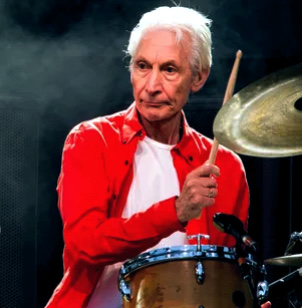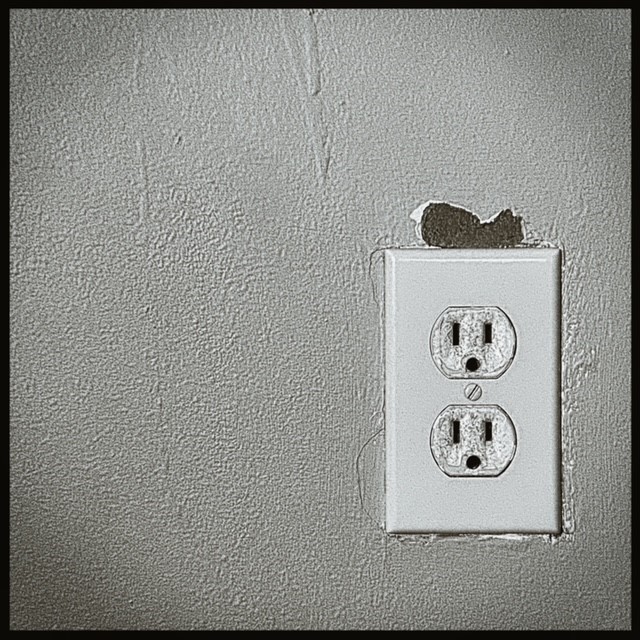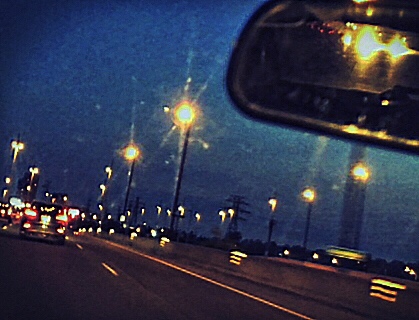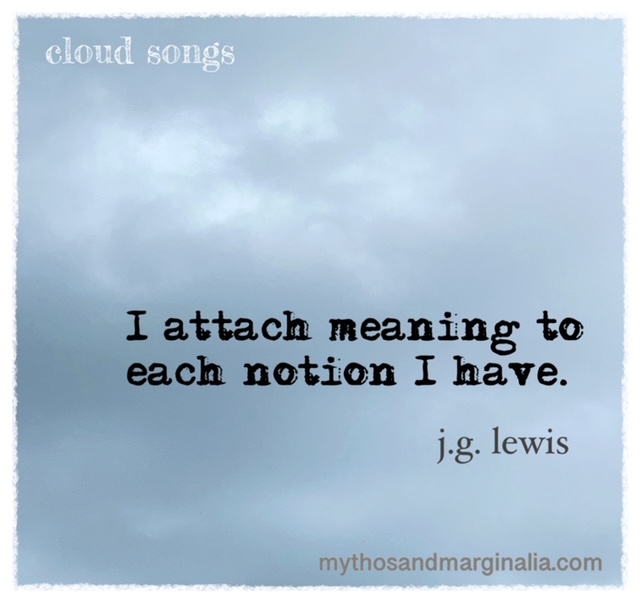Two nights ago, I was listening to The London Howlin’ Wolf Sessions, the 1971 album where the Chicago bluesman is backed by Eric Clapton, Steve Winwood, Bill Wyman, and Charlie Watts.
Yesterday, walking home from a mid-day appointment in downtown Toronto, a hopped-up ‘70s muscle car stopped at a red light, the sounds of Shattered (from the Rolling Stone’s 1978 Some Girls) blaring through its open windows. It’s one of those songs where you especially notice the strength, simplicity, and sophistication of Charlie Watts’ drumming.
When I arrived home yesterday, I heard the news that Watts had died, at age 80, peacefully in his sleep.
Often you hear the news of a famous musician passing away, but so few cause me to reflect as I have been.
See, as far as I’m concerned, Charlie Watts was always there.
He was the heartbeat of the Rolling Stones; in fact, he was a Rolling Stone about as long as I’ve been a human being.
The music was always there. Certain Rolling Stones albums, or songs, mark my life as they do most anybody from my generation (or older or younger).
As a drummer in my younger days, I always marveled at how Watts could get such a big sound from a small kit. He was not flashy, yet his jazzy inflections tastefully or tenderly anchored the band’s blues-based sound.
Watts did not compete for attention, but allowed the space for his band mates to create.
You could hear him, right there.
I was a big fan. I’ve got more Charlie Watts solo albums than I do those by any other individual Rolling Stone.
Somehow today, I cherish these albums a little more than I did yesterday.
R.I.P. Charlie Watts.
-
Tastefully or Tenderly
-
Familiar Road
Brightening sky, the questioning why,
each day. World not awake, not yet,
and neither are you. Off to work, or
off to where? The road ahead,
you only stare.
This is not living, but coping. Existing,
at this hour. We do
what we must, as we can, in the space
stretching between silence and
satisfaction. Biding time,
tempted by what we know
and what we need. Questioning why.
Another try, day for day,
find your way. Another wait.
Familiar road. Days the same, no one
to blame, but your self. If you choose,
if you see,
if you try, if you feel.
The bills arrive, of that we know.
Is this the only way to go? Live,
as you can, and must, amid the truth,
without the trust. Questioning sky,
common day, recognizable road,
is there another way?
It is as much about how you navigate
your way through daylight,
as it is through the darkness.
Take the time, know what is right,
sustain yourself through the light.© 2016 j.g. lewis
-
Random Spontaneity
To simply call it an ‘escape’ would be an indication that I don’t like where I am. But I do.
So, I’m calling it a ‘detour’: a couple of hundred miles in a car with a bagful of intentions, a set destination, and plenty of space for distractions.
I left my watch at home.
My mobile device is here if I really need to know, but time was of very little consequence for the past four days or so. If it turns into five days remains to be seen, but I have no objections to this certain sense of freedom.
Inspiration often takes so little time, if you allow yourself the space.
The devices we use to keep us informed about the news of the world, or our family and friends, as handy as they are (as convenient they may be) often take away from what really matters; time to ourselves.
It’s funny how you recharge, when you are unplugged.
It can mean you don’t do what you usually do. Even better when you do only what choose to do, and you do it any way you want to do it. You might not even do what you planned. You may even do it without any knowledge of what is happening anywhere else, for a time.
This is your time.
Does it really matter if the weather app says it will rain at three, or five . . . or even at all?
Sometimes knowing too much can take away from random spontaneity.
Life will do as it does, if allowed.
For the past couple of days, I did exactly what I needed to do, and I will eventually return home with a resolve to do it a little more.
-
Night Driving
Nothing is closer than it appears,
anxiety reminding me of threadbare fears,
debt and delusion won’t find me here;
night driving takes it away.
I do not look back, but glance
at what I’ve passed, headlights meet my eyes
at the mirror, time has lapsed,
rear view explains I won’t see them again.
From where to there, somewhere,
then back again. I drive.
Beyond the highway, white lines, traffic signs,
eyes align, taking it in and ignoring it all.
If you can see past the sunset
you will always believe
life sorts itself out at any speed.Streetlights shed halogen haze,
bleary-eyed travellers flowing either way.
Cars, end to end. Hypnotic blend,
eyes fixed, eyes focused, straight ahead.
Night driving leads me away and returns,
again. Depending on the view.
Spit-second living, rarely comprehending.
Where is everybody going; not always home,
not always knowing. Destination uncertain,
we are all passengers
of our own accord. Mistakes,
complications and reparations.
It’s taking and giving and letting it flow.
Driving. Night has no secrets.
Night always knows.© 2018 j.g. lewis
-
cloud songs
Because I cry,
it does not mean
I am weak.It does not make me sensitive
to anything other than
life itself.I have strong feelings.
I attach meaning to
each notion I have.Emotions,
like afflictions,
are a dime a dozen.The cost is not always obvious.
It is a price I pay
in tears.
08/11/2021 j.g.l.




